The Islamic Republic of Mauritania, through its laws, affirms its commitment to the protection of fundamental freedoms of its citizens. Article 10 of the Constitution explicitly guarantees freedom of opinion and thought, ensuring that every citizen has the right to express themselves freely without fear of repression (World Intellectual Property Organization, 2017). These freedoms are seen as essential pillars for the flourishing of any democratic society and are supported by international law.
Mauritania’s efforts to improve the conditions for freedom of expression have earned it the honor of being ranked first in the African press freedom ranking (Reporters Without Borders, 2024). However, significant obstacles limit freedom of expression by restricting access to information and reducing space for public debate. Restrictive provisions, such as those in Article 2 of the new law on the protection of national symbols, Article 21 of Law No. 2016-007 on cybercrime, and the highly controversial Article 306 of the penal code, raise concerns about the effectiveness of freedom of expression (ARTICLE 19, 2021).
These restrictions raise questions about the balance between respecting cultural and religious norms and promoting an open and pluralistic society. As Mauritania continues to navigate these two requirements, the challenge remains to implement these rights in a way that truly fosters dialogue, inclusion, and social progress.
This dispatch reports on the state of freedom of expression and media as well as civil liberties using data from Afrobarometer surveys.
The majority of Mauritanian citizens feel free to express their opinions, choose who they want to vote for without pressure, and join the political formation of their choice. However, they believe that they must be cautious when discussing political topics.
Mauritanians show strong support for press freedom and state that the media is free from government interference in their country, although a significant proportion says this is not the case.


